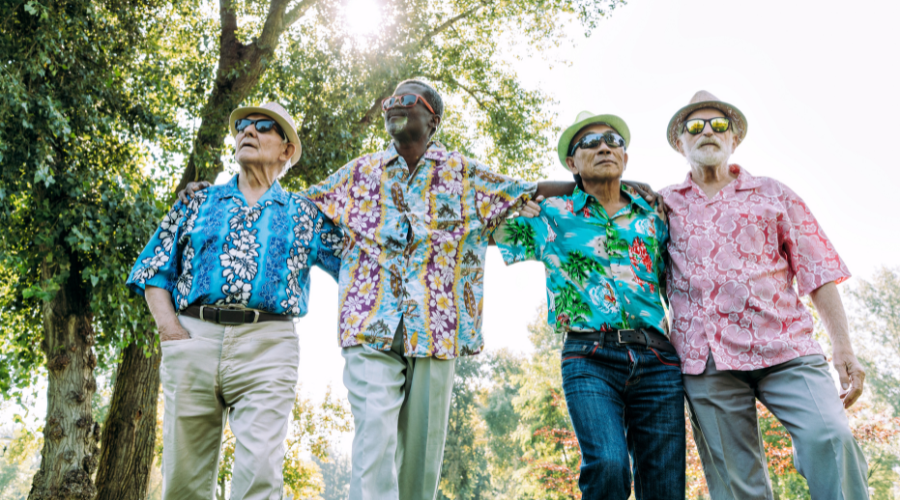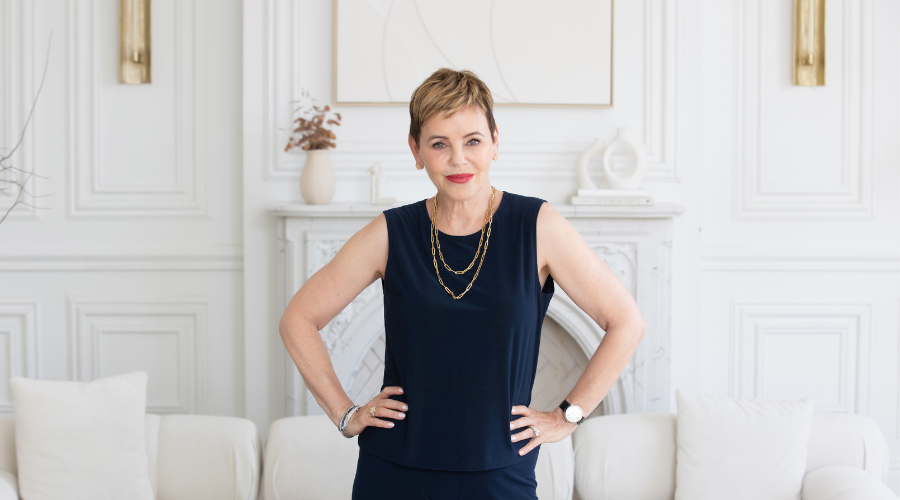Bob Hardy has rarely stood still. He’s been a musician, composer and cruise ship entertainer, as well as a keen student and teacher of jiu-jitsu and a long-distance cyclist.
When he got diagnosed with leukemia in 1996, he didn’t slow down. Instead, he took part in a 100km charity cycle ride to raise funds for the hospital where he was due to have his bone marrow transplant.
Although the transplant was successful, he had subsequent hospital visits for a hip replacement and to have blood clots removed. A side-effect was a serious loss of balance, which put an end to his cycling.
A hot racing machine
Never a quitter, Bob started marathon-running. Using a walker.
He chose the Hugo Elite Rollator for its light wheel base and solid middle and experimented with wheels to maximize speed. “When I push it around corners, it doesn’t collapse,” says Bob. “I want to de-stigmatize the walker. Mine is a hot racing machine!”
Since starting walker-running in 2013, Bob has beaten his own records time and time again. He’s also raised a lot of money for the Ottawa General Hospital.
In 2018 he completed the Ottawa marathon in five hours and 27 minutes and hopes to break the five-hour mark at the Toronto Marathon.
The costs of falling ill
Recovering from these health setbacks did take some considerable time and funds, however. “People don’t realize how much money being sick costs you,” says Bob. “I had to pay $672 every two weeks for medication. It used up a lot of my life savings.”
There was another unfortunate effect of his illnesses. “We were looking into travelling to Cuba for some winter sun,” says Bob, “but the insurance company wouldn’t insure me. And now, the doctors say going on a plane isn’t a good idea for me.”
Bringing the winter sun home
Undeterred, Bob came up with a plan to enjoy the winter sun without leaving his home – by building a sun room.
Although Bob has a line of credit, he was reluctant to use it to pay for the extension. While he and his wife both work part-time, Bob’s health issues have made him very cautious when it comes to borrowing money. “If we used the credit line, we’d have to pay it back,” Bob explains. “With CHIP, if things do go wrong and I end up in hospital, I don’t have to make payments.”
“When you get to 70, you don’t want to have to worry about making payments on a $25,000 debt”
“For a big project like extending the house, the concern is, one day you have your job, the next day you have nothing,” says Bob. “With a loan you can get into trouble, but with CHIP you can relax, you won’t get into cash flow problems. When you get to 70, you don’t want to have to worry about making payments on a $25,000 debt.”
It’s also important for Bob to know that if his health does deteriorate, he can draw more from his reverse mortgage to help cover the costs of any care he may need. There is no qualifying or requalifying based on income changes or fluctuations in the market like other home equity loans and alternatives.
Another big plus in taking out a reverse mortgage is that Bob can stay in the home he loves. “We looked at living in alternative places, but we’re happy here,” he says. “We’re close to the local hospital and only one hour from the bone marrow transplant unit. It’s nice and quiet here, we didn’t want to move, so CHIP was the obvious choice.”
“Let’s live while we’re still alive!”
Not surprisingly, Bob would recommend the CHIP Reverse Mortgage to anyone in a similar situation.
“You never know what might happen next with your health, so insure yourself against it,” he advises. “I said to my wife, ‘Let’s live while we’re still alive and not worry about the money.’”
If you’d like to find out more about how the CHIP Reverse Mortgage® could help you to live retirement your way, call us at 1-866-522-2447.































